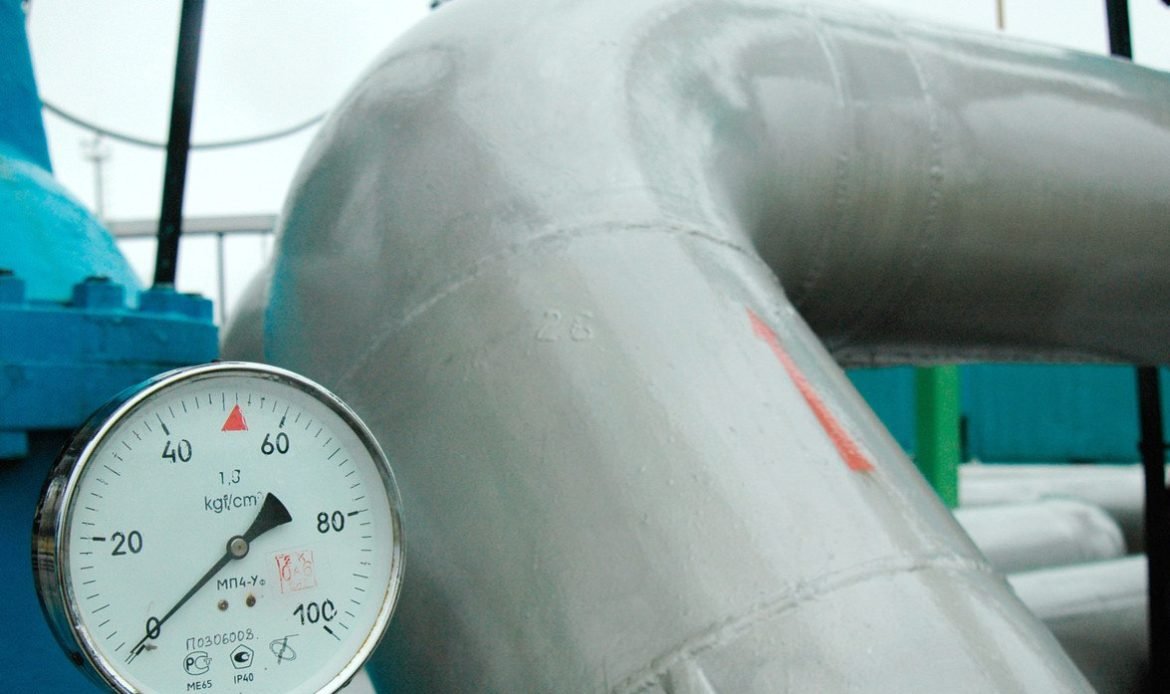The move is in response to a Western coalition price limit on Russia’s seaborne oil exportsPresident Vladimir Putin on Tuesday signed a decree on retaliatory measures to the West’s price cap on Russian oil exports. It comes in response to the measure from the EU, G7 countries, and Australia, which took effect earlier this month.The presidential decree bans the supply of oil and petroleum products from Russia to countries which apply a price cap in contracts. It also prohibits deliveries if the contracts directly or indirectly specify the cap.According to the decree, which was published on the government’s website for legal information, the ban on oil supplies in response to the price cap comes into effect on February 1, 2023 and is valid until July 1, 2023. The date of the ban on the supply of petroleum products will be determined later by the government.The president can grant special permission for the supply of oil and oil products prohibited by the price ceiling, according to the decree. The Russian Ministry of Energy will monitor compliance with the presidential order on retaliatory measures.READ MORE: Western sanctions won’t stop demand for Russian oil – MoscowThe price cap on Russian seaborne oil exports of $60 per barrel was introduced by the EU, G7 countries, and Australia on December 5. It bans Western companies from providing insurance and other services for Russian oil shipments unless the cargo is purchased at or below the set price.The Kremlin vowed to respond to the measure in a way that would best serve Moscow’s interests, warning it would not trade with nations that support the price ceiling. Deputy Prime Minister Aleksandr Novak said that Russian oil will still be in high demand despite the latest sanctions on the country’s exports. By imposing a price cap, Western countries will only trigger further energy inflation due to the scarce supply, the minister said, adding that Russia views these types of non-market mechanisms as unacceptable.
This article was originally published by RT.



